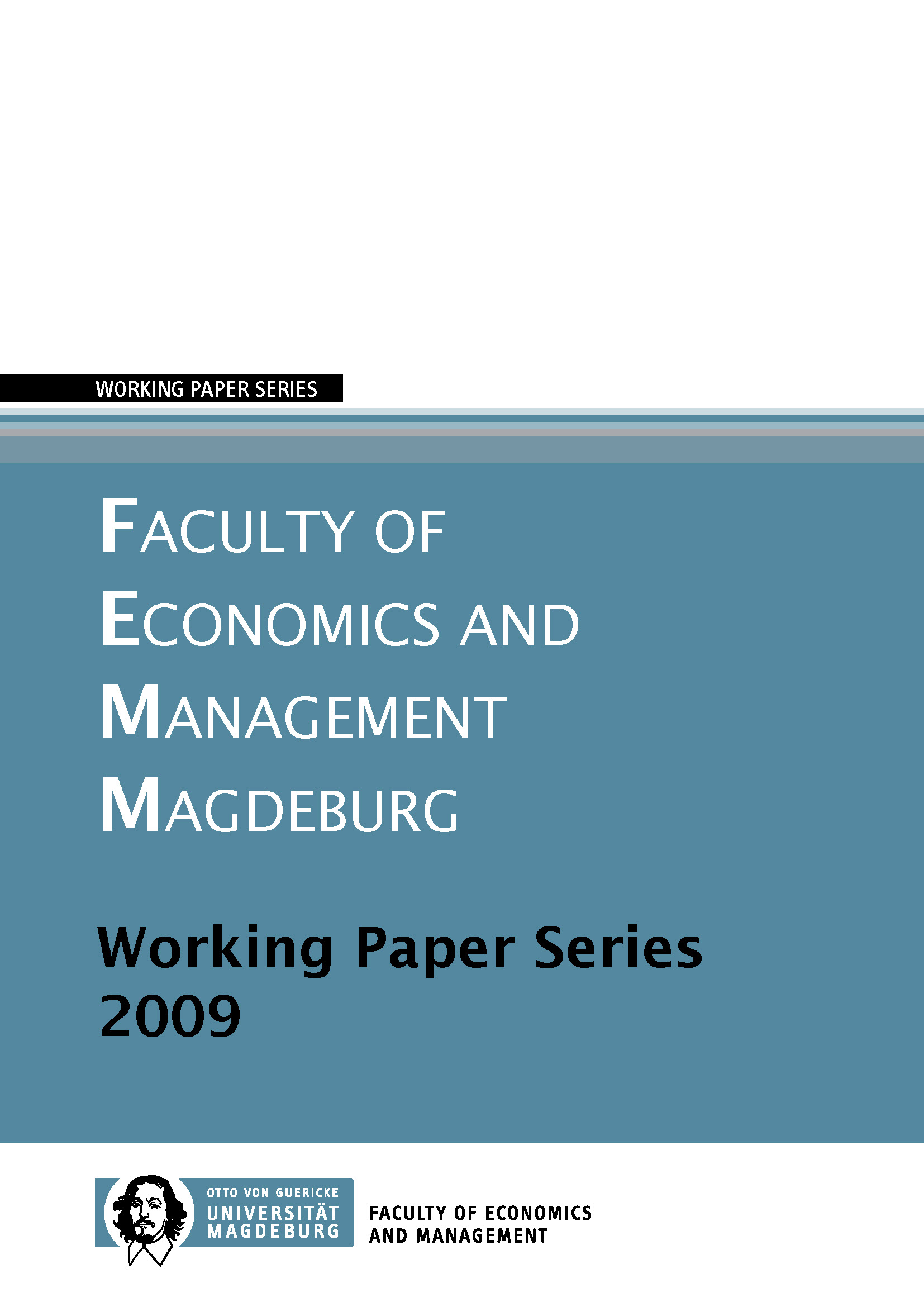Corporate Income Taxation of Multinationals and Fiscal Equalization
DOI:
https://doi.org/10.24352/UB.OVGU-2018-407Keywords:
Separate Accounting, Formula Apportionment, Fiscal EqualizationAbstract
This paper investigates the e ect of scal equalization on the efficiency properties of corporate income tax rates chosen by symmetric countries in a Nash tax competition game under the taxation principles of Separate Accounting and Formula Apportionment. Fiscal equalization ensures efficiency if the marginal transfer just reects the scal and pecuniary externalities of tax rates. In contrast to previous studies, tax base equalization (Representative Tax System) does not satisfy this condition, but combining tax revenue and private income equalization does, regardless of which taxation principle is implemented. Under Formula Apportionment, tax base equalization is superior to tax revenue equalization if the wage income externality is suffciently large.


